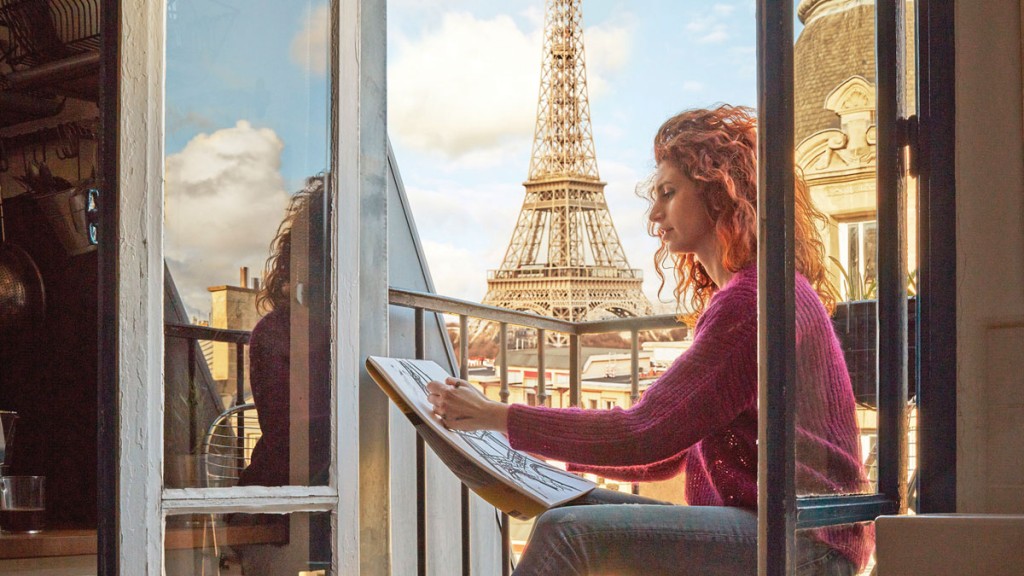
Short-term holiday lets can be more hassle than renting out your property on a long-term basis: you need to put up a succession of strangers and have to clean up frequently between visits. But they tend to be far more lucrative. Hence many people have turned to sites like Airbnb to let out spare rooms and even whole properties. However, Airbnb’s growing popularity means that there is increasing concern about its impact on the property market.
According to Buzzfeed News, more than a third of the flats and homes Airbnb lists in London – more than 7,000 properties – are let via hosts with two or more listings. This suggests that many are professional landlords.
The chair of the Business, Innovation and Skills Committee wrote to London mayor Sadiq Khan last month, warning that “extensive use of Airbnb by professional landlords… can help to drive up property prices… in the capital” by eating into the supply of available housing. The committee also expressed concern that this kind of letting allows landlords to “circumvent tax, food, health and fire safety regulations” and therefore secure “an unfair competitive advantage over other providers of accommodation”.
Opposition to unregulated letting is growing around the world. In May this year, the German government banned Berliners from renting out more than 50% of their home via Airbnb, in an effort to tackle the city’s housing shortage problem. Similar laws have been passed in Paris, Amsterdam and Barcelona.
Given the UK’s severe housing shortages, it is likely that we may also see restrictions put in place here. So while letting a property on Airbnb remains a fairly straightforward way of making some extra money, it’s going to become increasingly important to make sure you comply with the law – and there are certainly plenty of potential pitfalls.
For example, last week the UK’s highest property court ruled that a homeowner letting out her flat via Airbnb was in breach of her leaseholders’ agreement, as it limits the property to use as “private residence only”. And while those living in greater London can now let out a property for up to 90 days per year without planning permission (following a change in a London-specific restriction last year), many people are still not aware that there is a limit at all and risk incurring a fine. For more tips on what to bear in mind, see the box on the right.
What to do when letting your house
If you’re renting out a property on Airbnb, you need to comply with local and national rules, but also with any restrictions that your bank or insurer may impose.
• Check the fine print of your mortgage agreement. Many providers do not permit subletting, meaning you risk invalidating the terms. In some cases, borrowers who sublet without permission could face a fine or higher mortgage rate, or as a worst-case scenario, be required to repay their whole mortgage immediately.
• Airbnb’s “Host Guarantee” provides protection for up to $1m worth of damages to your property in the event of damage that exceeds the security deposit. Airbnb’s “Host Protection” insurance provides $1m in cover in the event that an Airbnb guest injures themselves and claims against you, or damages other people’s property (such as flooding the flat below). But neither are designed to replace your homeowner’s or renter’s insurance.
• Be aware that hosting paying guests at the property may invalidate your buildings and contents insurance. So you should inform your insurer before letting your property out via Airbnb. You may see your insurance premiums increase to reflect this.
• If you are in greater London and your property is used for short-term rentals for more than 90 days in a year, you may require planning permission.
• You must continue to pay the council tax on your property yourself, even when the property is being rented out.